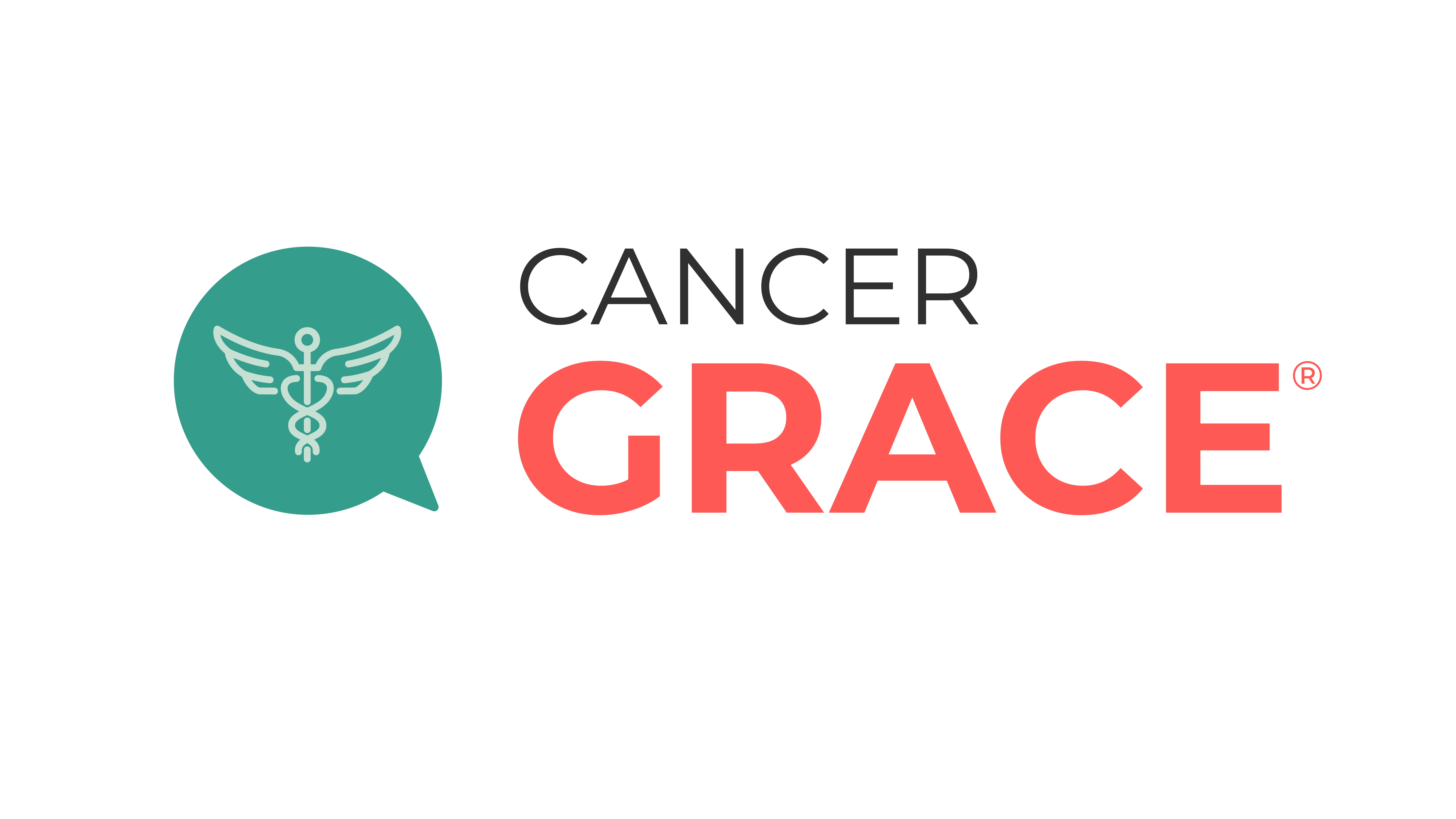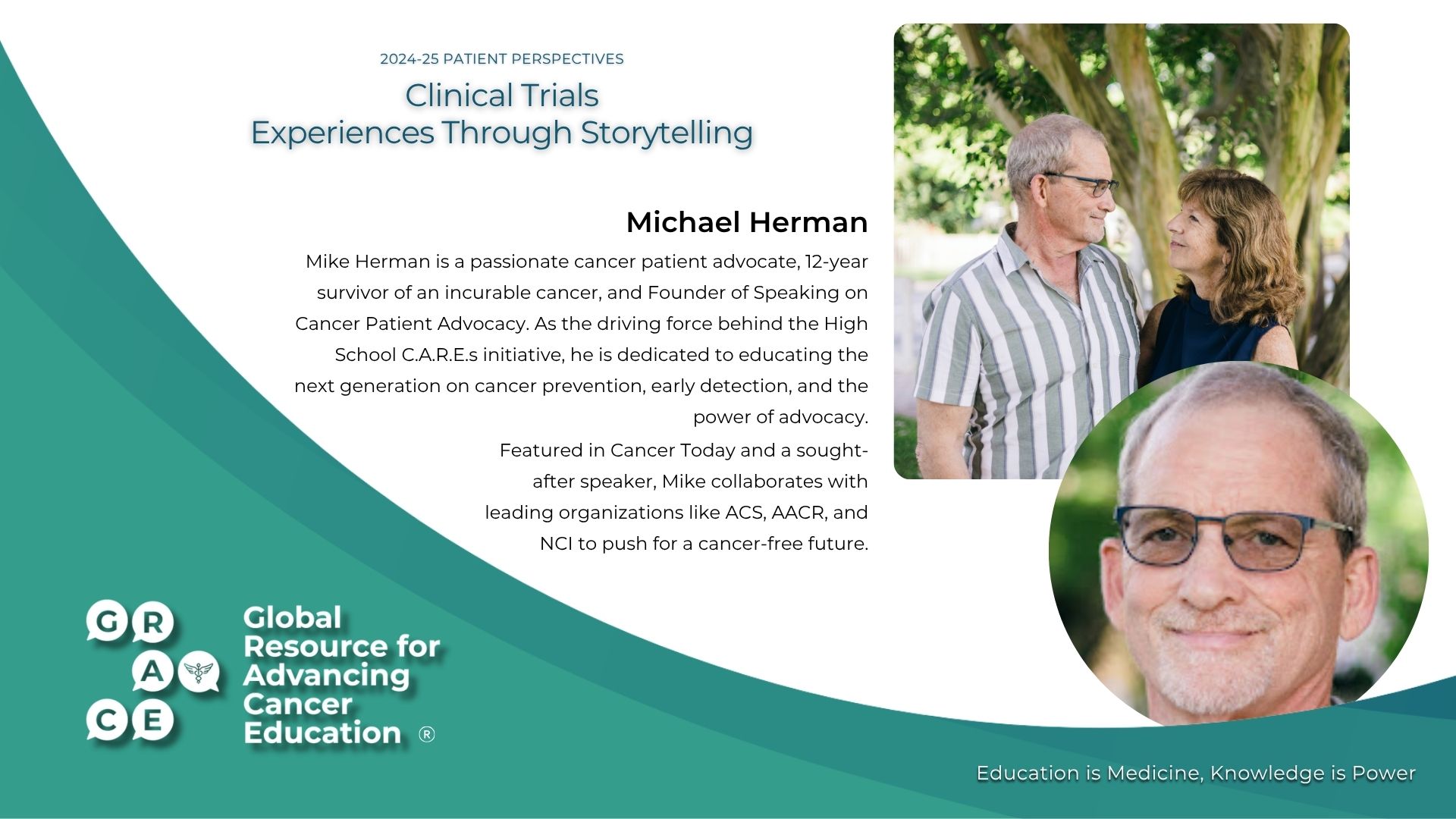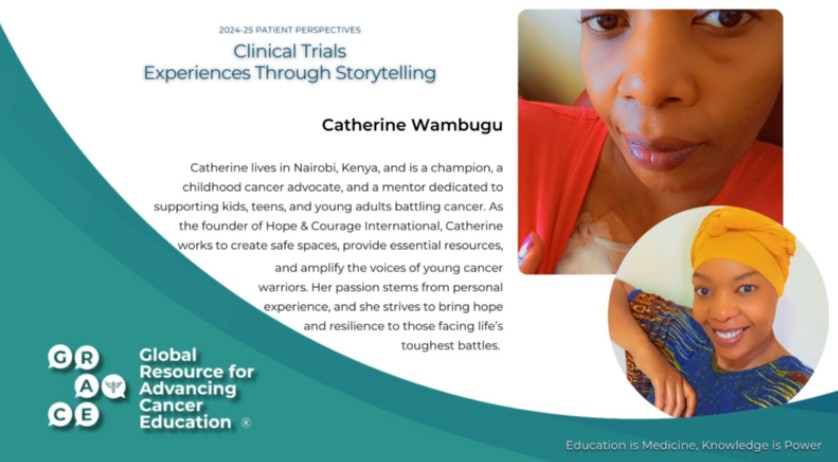Kelay Trentham, a nutritionist with a particular specialty as an Oncology Dietician who works at MultiCare Regional Cancer Center in Tacoma, WA, joined us in a recent webinar to discuss several central questions about nutrition and cancer. Here are her comments on the specific recommendations on cancer prevention and cancer, coming from the definitive summary report on the subject, as she explains below.
I like to let people know what the state of the current best available evidence is, and there was a report just put out a few years back, jointly sponsored by the World Cancer Research Fund and the American Institute of Cancer Research, titled “Food, Nutrition, Physical Activity and the Prevention of Cancer” (here is the newer 2018 version, jt). It had something in the neighborhood of over 200 scientists reviewing several thousand studies to really try to tease out, are there specific foods, are there specific ways of eating, that are best for cancer prevention?
They distilled all of that information down to about eight basic recommendations. One of the things that they came up with in terms of cancer prevention, and I’ve mentioned it already, is that obesity may actually precipitate cancer. But there is also some research that has come out that obesity may increase recurrence of certain cancers, in particular breast, prostate and colon cancers. We are still looking into, after treatment, what are the factors, nutrition and otherwise, that may play into risk for recurrence?
But if we look at some of the information gleaned form that report, they identified some cancer-causing agents found in foods.
They identified that chemicals that are produced during the cooking of meat at very high temperature or over direct flame; preserving of meat via smoke, salt, nitrate or nitrite curing; and then chemicals also produced during the digestion of red meat actually have cancer-causing activity. Use of alcohol is definitely related potentially to getting certain types of cancers, and then aflatoxins were also identifie,d although that’s not something we tend to see in the US food supply: keep in mind that that report was looking at nutrition and cancer from a global perspective.
They also looked at cancer-protective agents. They found that by and large fruits and vegetable are considered to be cancer protective, that foods specifically that contained certain components – lycopene is one of those phytonutrients that we mentioned earlier, selenium, folate, fiber – intake of these foods seem to also be cancer protective.
If we move on we can start to look at what do they want the public to know about how we can prevent cancer with diet and with our lifestyle.
The first thing that they’ve recommended is that folks be as lean as possible, as close as possible to a normal weight range for their height. Often times, it can be challenging when you have put on a lot of weight to get back to a normal weight range and I have often told people even sometimes a 15-20 pound weight loss if you are very overweight and if it’s at an appropriate time, meaning you have completed your treatment, you are back to being able to eat normally, that would be an appropriate time to pursue weight loss while you are able to eat well and able to exercise.
They recommended physical activity every day, 30 minutes a day of moderate activity has been recommended. They recommend limiting foods that promote weight gain. Limiting the intake of processed, energy-dense foods, or highly processed foods tend to have a lot of extra calories, often times a lot of sugar. Avoidance of sugary drinks, again, those tend to just give you excess calories without a lot of nutrients. Particularly think of things like soda, there’s really no nutrition in there other than calories. You don’t get those phytonutrients because you are not using something that has a plant associated with it. And then consume fast foods very sparingly if at all and again I think this is relating back to the fact that they are very energy-dense foods, a lot of calories, likely going to have people to put on weight.
The fourth recommendation of theirs was that people eat mostly plant foods. So again this is that rational for recommending a plant-based diet. They recommend at least 5 servings of a variety of non-starchy vegetables and fruits every day and I would add that I have seen studies that have suggested that higher amounts in the neighborhood of 7 to 9 servings a day have an even greater protective effect, recommending that you eat unprocessed grains and/or legumes with every meal – whole grains, brown rice, whole wheat bread or even barley, oats, things like that – that you limit the refined starchy foods. Anything where we’ve taken the bran off of it, any type of flour or grain product where we’ve removed that fibrous portion, there is a lot of nutrient associated with that fibrous portion.
Another recommendation was to limit intake of red meat was recommended and also to avoid processed meat. This is one of the strongest recommendations they made in the entire report. They were able to actually identify amounts – and not able to identify a minimum amount in the case of processed meats – above which people have a much greater or significantly greater risk of cancer. So their recommendation was that people consume less than 18 ounces per week of red meat. With processed meat, when they looked at the studies, they really weren’t able to find any kind of a threshold, which means that any amount of processed meat intake appeared to significantly increase people’s risk for cancer.
Here are the recommendations in terms of alcohol. We talked about alcohol being a carcinogen (cancer-causing agent). They recommend in general that not more than 2 drinks per day are consumed for men, or 1 drink per day consumed for women, a drink being 1-1/2 ounces of liquor, 5 ounces of wine or 12 ounces of beer.
Dr. West: That’s interesting, because we do see reports of the potential protective value of wine for certain situations with regard to cancer. And of course we all see evidence out there in the lay-press red wine is protective for your heart. Clearly, there many complex effects. So your general recommendation is along these lines, correct?
Ms. Trentham: Yes. and, there are some more specific recommendations. I have seen information that suggests that even a half a drink a day for women may increase their risk of recurrence for breast cancer. So one thing I would add is that they postulated that when we see those studies and we see red wine being named, that there may be some of those colorful things that are in red wine that you might also find in grape juice that actually could have an equally protective effect. With regard to cardiac health, they do think it’s a component of the alcohol a bit. However, you know, this doesn’t say none for overall cancer risk, and so probably this is a good limitation which would allow you possibly that protective effect for hour heart but not overdo it in terms of cancer prevention.
Continuing on, they also had recommendations specific to preserved and processed food. They recommended that you limit salt intake. Avoiding salt-preserved, salted or salty foods was recommended, and it was also recommended that people limit the intake of processed foods that happen to have added salt.
It can behard to know exactly what that means, but what I like to tell people is that a lot of times if it’s a convenience packaged item like a flavored rice mixture that all you have to do is put on the stove with a little boiling water and it is going to come out with a whole lot of flavor instead of just being rice, maybe it is like a Cajun-type one or other types of flavors, you probably got something that has an enormous amount of salt in it. So just looking at packages and knowing and understanding that somewhere in the neighborhood of 2000 milligrams of sodium a day is kind of the max that’s thought to be healthy, between maybe 2000 and 2600, and the average salt intake in the US is around 6000 to 7000 milligrams for folks who are consuming a lot of processed foods.
Again from that global perspective, aflatoxins we talked about which are considered to be a carcinogen, are found in places where grains or legumes are stored for a long time in warm temperatures, and they mold and the mold produces aflatoxin. So I don’t think we have that here in the US. My understanding is that foods are tested fairly routinely for that here and aflatoxin is kept out of our food supply. But in other parts of the world it is a little more challenging.
Coming to the last recommendation in terms of actual diet, and that is that people aim to meet their nutritional needs through diet alone. They were not able to find enough evidence that dietary supplements were beneficial for cancer prevention, so that at this point they are not recommended. What is recommended, however, is food, and trying to keep a nice wide diet variety, casting a really wide net for all the different kinds, particularly of plant foods, lots of colored food for example is recommended.
To illustrate that a little bit, what does that look like on your plate, the American Institute for Cancer Research has a term called “The New American Plate,” and basically it is that 2/3 of your plate should be made up of vegetables, whole grains, beans or fruit, and 1/3 or less of your plate made up of animal proteins. They recommend even that you have a few meatless meals each week using perhaps your legumes for protein, as you can see they are on the right, beans and rice and lots of veggies, which kind of just shows you a better balance of what a good healthy diet would look like.
Next: more on nutritional supplements.








Thank you for this – nothing really than what we have been hearing for years.
The concern with red meat – would that apply even if it was grass fed beef? It is promoted as more nutritious. Of course, as it is more expensive, that means most of us would automatically start limiting our intake.
No cured meats? How about nitrate free bacon? Still a salty food.
Perhaps “eat less meat, but better meat”?
At this time, I would say that this information does apply to grass fed beef. I believe that the studies reviewed for this report have not distinguished between grass fed and grain fed meat. As far as the bacon, yes, it is still considered a salty food, and one of the recommendations is to limit salted/salty foods (and salt preserved foods). I would say eat more fruits and vegetables, and when having meat, use lean, fresh (unprocessed) meats as much as possible.
Thank you very much. . .This was very informative.
Laya
Kelay -
Thank you.
- Catharine